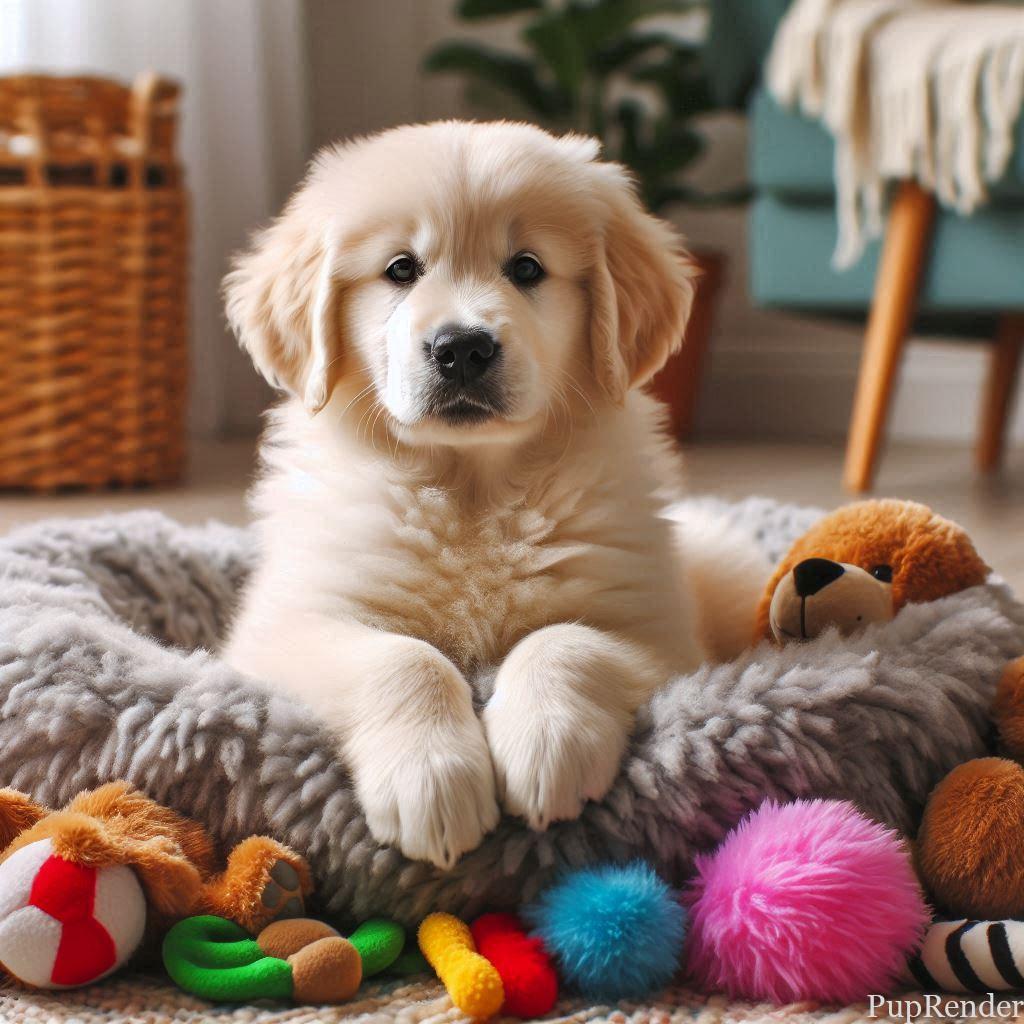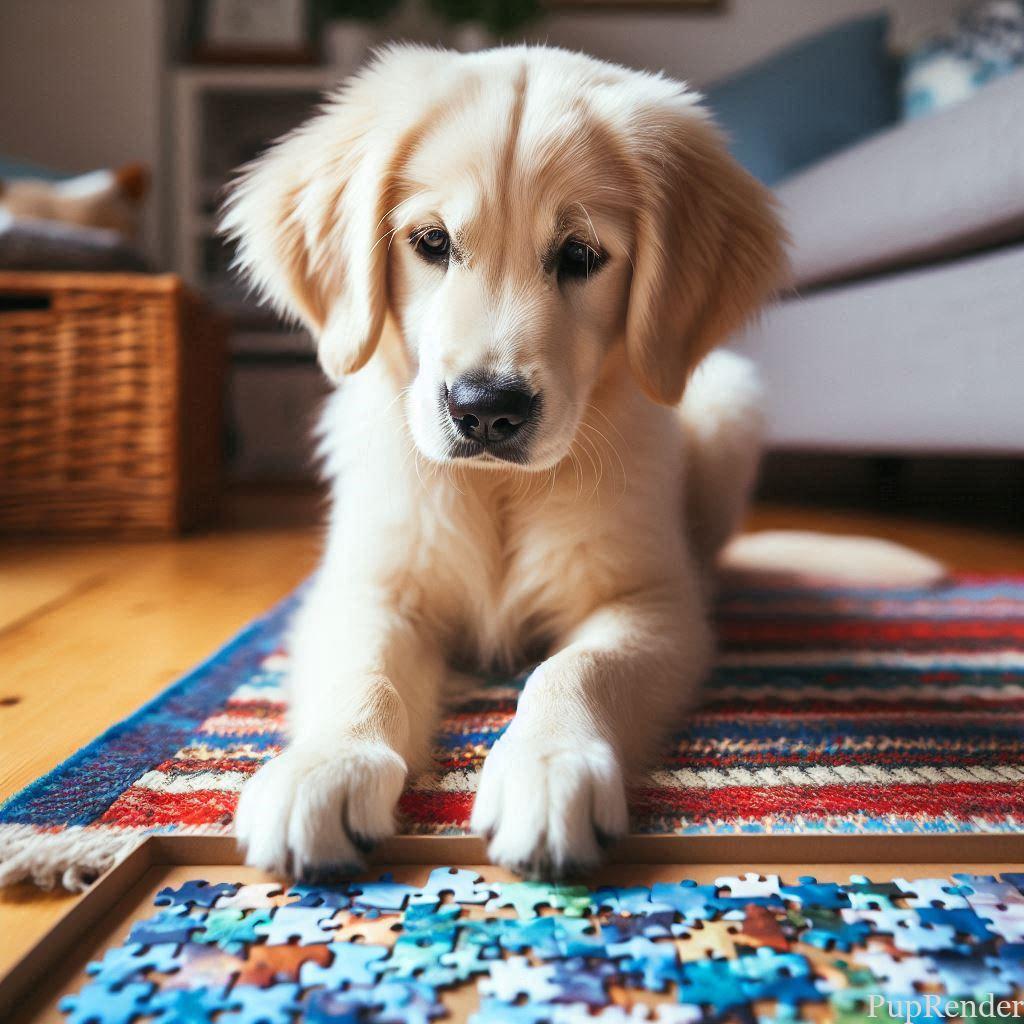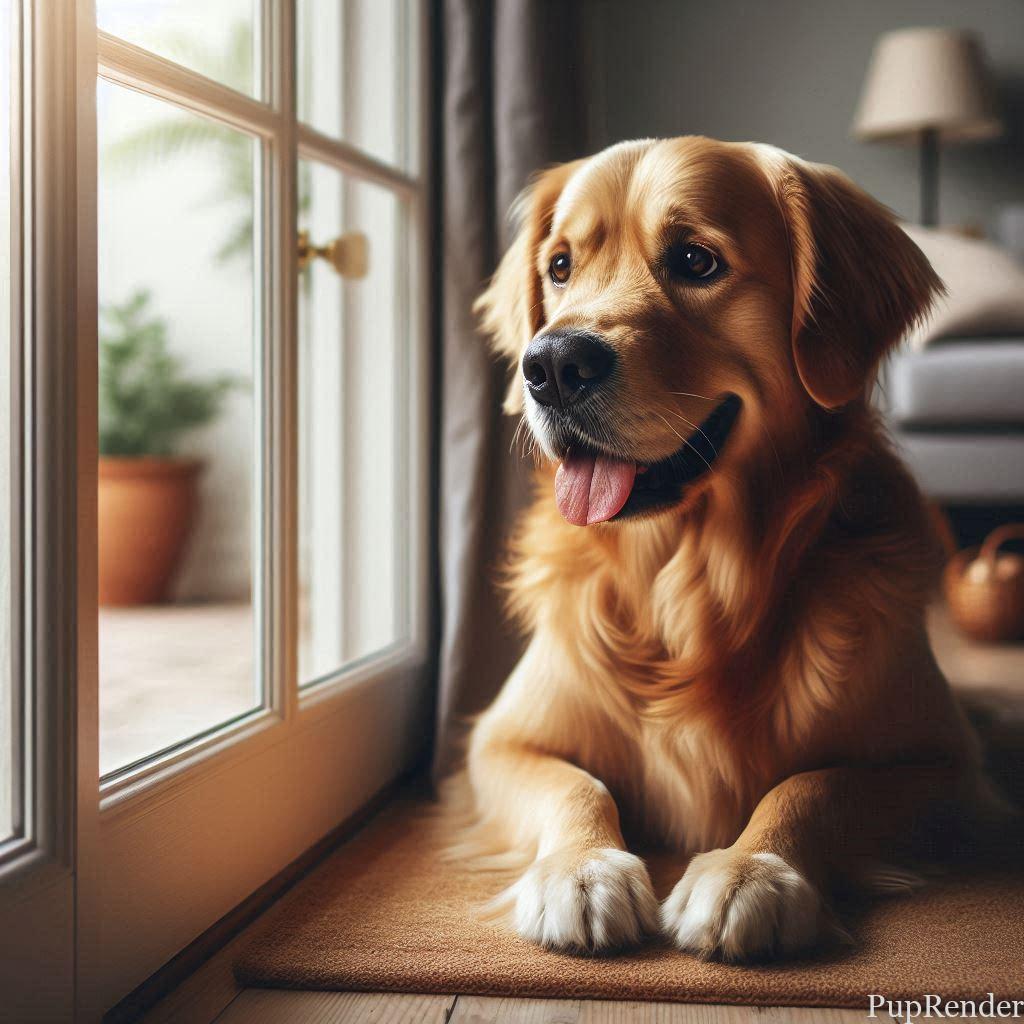How to Handle a Dog’s Separation Anxiety During Work Hours
When you leave for work, does your dog start pacing, whining, or even chewing on furniture? Separation anxiety is a common issue for dogs, especially when their beloved human leaves them alone for hours. Learning how to handle a dog’s separation anxiety can make a world of difference in both your lives.
Understanding Separation Anxiety in Dogs
Dogs are social animals who thrive on companionship. When left alone, especially for extended periods, they can become stressed, leading to separation anxiety. Symptoms may include barking, destruction, urination, or attempts to escape.
Related: How to Recognize Signs of Anxiety in Dogs
Creating a Safe and Comforting Environment
Creating a safe space for your dog is essential to help them feel secure while you’re away. A comfortable bed, some favorite toys, and a quiet corner can go a long way in calming your furry friend. Consider using a crate if your dog finds comfort in it, but never force them into a confined space if they show signs of fear or discomfort.

Develop a Consistent Routine
Consistency is key. Dogs feel more secure when they know what to expect. Establish a daily routine that includes feeding, walks, and playtime before you leave for work. This routine provides structure, helping your dog understand that your absence is temporary and you will always return.
Related: The Ultimate Checklist for New Dog Owners
Interactive Toys and Puzzles
Keeping your dog occupied with interactive toys and puzzles can help divert their attention away from your absence. Toys that dispense treats or puzzles that challenge them mentally are excellent choices. These toys provide a fun distraction and mentally stimulate your dog, reducing anxiety.

Gradual Desensitization
Gradual desensitization is a powerful method to help your dog overcome separation anxiety. Start by leaving them alone for short periods and slowly increase the duration. Reward calm behavior with treats and praise. This process teaches your dog that being alone is okay and that you will always return.
Utilize Technology
Modern technology offers solutions like pet cameras or dog monitors that allow you to keep an eye on your dog and even speak to them when you’re away. These gadgets can help reduce your dog’s anxiety by providing reassurance.
Check out this guide on PetMD for more information on how technology can help manage separation anxiety.
Seeking Professional Help
If your dog’s separation anxiety is severe, it might be time to consult a professional dog trainer or a veterinarian. They can provide personalized advice and, if necessary, prescribe medication or suggest behavioral therapy.
Related: Dog Obedience: The Secret to a Well-Behaved Pet
Make Coming and Going Low-Key
Avoid making a fuss when you leave or come home. This helps your dog understand that your departures and arrivals are normal and not a cause for excitement or anxiety. Greet them calmly after a few minutes to reinforce a relaxed environment.

- Picture Spot:
Alt text: Calm dog waiting by the door
Title: Low-Key Departures and Arrivals
Caption: Keeping greetings calm can reduce anxiety.
Description: A dog sitting calmly by the door, waiting patiently without signs of distress.
Consider Dog Daycare or a Pet Sitter
For dogs with severe separation anxiety or those who need constant companionship, consider a dog daycare or a pet sitter. This provides your dog with the social interaction they crave and prevents boredom and anxiety.
Related: How to Choose the Right Dog Daycare
Final Thoughts
Dealing with a dog’s separation anxiety requires patience and understanding. By incorporating these strategies, you can help your dog feel more comfortable during your work hours and reduce their stress levels. Remember, a happy dog means a happy owner!





